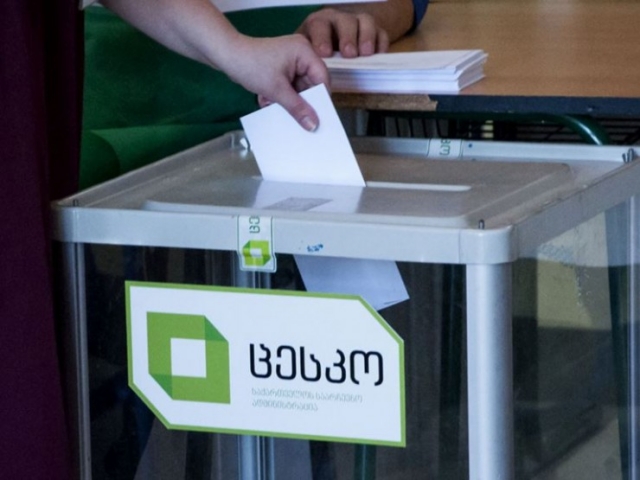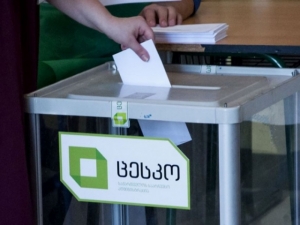CRRC: Nine Things Politicians Should Know About Georgian Voters
The Caucasus Research Resource Centers (CRRC) have released a new survey concerning the electoral environment and voter preferences in Georgia prior to the elections of 2016.
According to the research summary published on the CRRC blogpost, when discussing political competition in Georgia, some politicians bemoan Georgian voters: they describe the majority of voters as socially conservative and economically shortsighted. “Therefore, parties have few options to campaign on, beyond promising immediate benefits or subsidies, while keeping silent about liberal values and an open economy.”
The CRRC blog post reveals that despite significant problems related to political competition in the country, the blame directed towards voters is exaggerated. “Based on a small scale pilot survey of 342 voters in suburban Tbilisi (representative of the voters living in Gldani and Samgori districts of Tbilisi), and conducted between March and April of 2015, this post shows that voters’ preferences are more nuanced than some politicians give credit for. In fact, voters often hold seemingly conflicting views. Hence, this blog post claims that Georgian political parties have many options to put forward effective electoral programs for the 2016 parliamentary elections.”
The CRRC says descriptive analysis of the data leads [them] to observe that Georgian political parties would find helpful. “These observations are grouped below under nine major issues, with mean scores for the respective statement, measured on an 11-point scale, reported in parenthesis. All reported differences are significant as tested using t-test. The data was not weighted, hence we use “voters” and “respondents” interchangeably throughout this blog post” the organization cites.
According to the summary, Georgia’s political parties will soon enter a very important race to win votes in the 2016 parliamentary elections. “This blog post shows that the window of opportunity for political parties to pursue meaningful electoral programs is quite wide: voters have a range of preferences on significant policy issues such as the state’s role in the economy, human rights, democratic governance, freedom of information, state-religion relations and law enforcement.”
“Surely, a larger, representative sample and deeper analysis is needed to describe Georgian voters in more profundity, but one thing is clear: rational political actors will benefit from systematic and comprehensive study of voter preferences before making judgments about their opportunities and constraints.”
To view details of the survey click here:












